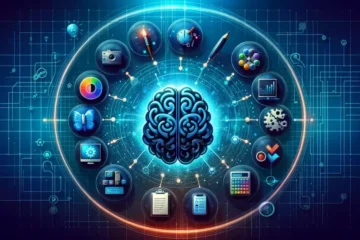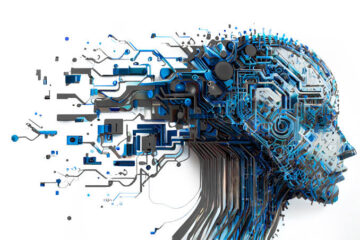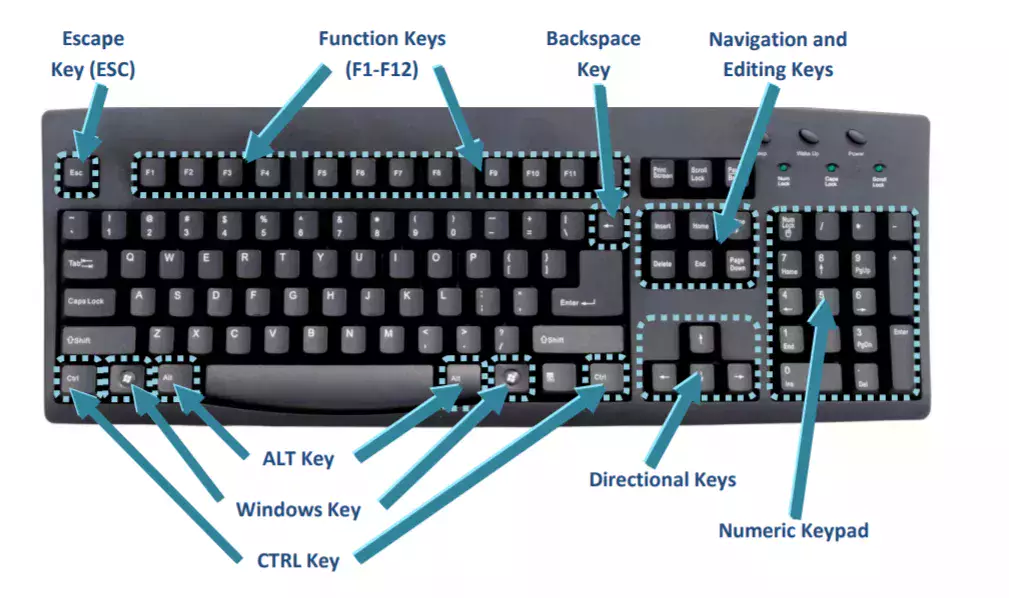
In today’s fast-paced, interconnected world, the profound impact of technology on our mental health is impossible to deny. From smartphones and wearables to social media and virtual reality, the digital age has revolutionized how we communicate, work, and learn. Although technology has brought about many positive changes, it’s crucial to examine its potential negative effects on mental well-being. In this comprehensive post, we will explore the various ways technology influences our mental health, both positively and negatively, and discuss potential solutions to maintain a healthy balance.
- Increased Anxiety and Stress
One of the most significant consequences of constant connectivity is the heightened level of anxiety and stress experienced by many individuals. The pressure to always be “on” and accessible can lead to an inability to disconnect from work or personal obligations. Moreover, the prevalence of the fear of missing out (FOMO) and the constant bombardment of information from news and social media may contribute to a heightened state of anxiety.
- Social Media and Self-Esteem
The world of social media has created a culture of comparison, where individuals are constantly evaluating their lives against the seemingly perfect lives of others. This constant comparison can lead to feelings of inadequacy, low self-esteem, and even depression. Research has shown that excessive social media usage can be linked to increased levels of anxiety, depression, and loneliness.
- Sleep Disturbances
The ubiquitous presence of screens, particularly in the bedroom, can wreak havoc on our sleep patterns. Exposure to blue light emitted by screens has been shown to suppress melatonin production, making it difficult for individuals to fall asleep and maintain a regular sleep schedule. Additionally, the constant availability of entertainment and information can lead to sleep procrastination, further exacerbating sleep disturbances.
- Decreased Face-to-Face Interaction
While technology has undoubtedly made communication easier and more accessible, the reliance on digital forms of communication has led to a decline in face-to-face interactions. Research has shown that meaningful, in-person connections are crucial for our mental health, as they help build empathy, trust, and a sense of belonging. The decline in face-to-face interactions may contribute to feelings of isolation and loneliness.
- The Impact of Video Games and Virtual Reality
The ever-evolving world of video games and virtual reality provides immersive experiences that can be both beneficial and detrimental to mental health. On the one hand, video games can provide a source of relaxation, stress relief, and social connection. On the other hand, excessive gaming can lead to addiction, social isolation, and decreased engagement in other aspects of life.
Potential Solutions:
- Digital Detox
One way to mitigate the negative effects of technology on mental health is by engaging in a digital detox. This may involve setting aside specific times during the day or week where you disconnect from screens and focus on other activities, such as reading, exercising, or spending time with friends and family.
- Mindful Social Media Usage
Being mindful of your social media usage can help reduce the negative effects on mental health. This may involve setting time limits on your daily usage, unfollowing accounts that make you feel negative, and actively seeking out positive and inspiring content.
- Prioritize Sleep Hygiene
Improving sleep hygiene can help combat sleep disturbances caused by technology. This may include creating a sleep-conducive environment, establishing a consistent bedtime routine, and avoiding screens at least one hour before bedtime.
- Foster Face-to-Face Interactions
Make an effort to prioritize face-to-face interactions with friends and family to strengthen social connections and improve mental health. This may involve scheduling regular get-togethers, joining clubs or community groups, or participating
in group activities that encourage social interaction.
- Set Boundaries and Establish Balance
Creating boundaries between your personal and digital life is essential for maintaining good mental health. Establishing specific times for work, leisure, and socialization can help prevent feelings of being constantly “on.” It’s also important to strike a balance between using technology for productivity and entertainment and engaging in offline activities that promote relaxation, creativity, and personal growth.
- Seek Professional Help if Necessary
If you find that technology is significantly impacting your mental health and daily functioning, it may be beneficial to seek professional help. A mental health professional can provide guidance on coping strategies and help you develop a healthier relationship with technology.
Conclusion:
Technology has undeniably transformed our lives in countless ways, both positively and negatively. While it’s essential to acknowledge the incredible advancements and conveniences that technology has provided, it’s equally important to recognize its potential impact on our mental health. By implementing the strategies outlined above, individuals can work towards striking a healthy balance between the digital and physical world, thus promoting overall mental well-being.
As our society continues to evolve with technological advancements, it’s crucial for researchers, policymakers, and technology developers to remain vigilant about the potential consequences of these innovations on mental health. Through continued research and open dialogue, we can work together to ensure that technology serves to enhance, rather than hinder, our collective well-being.


















